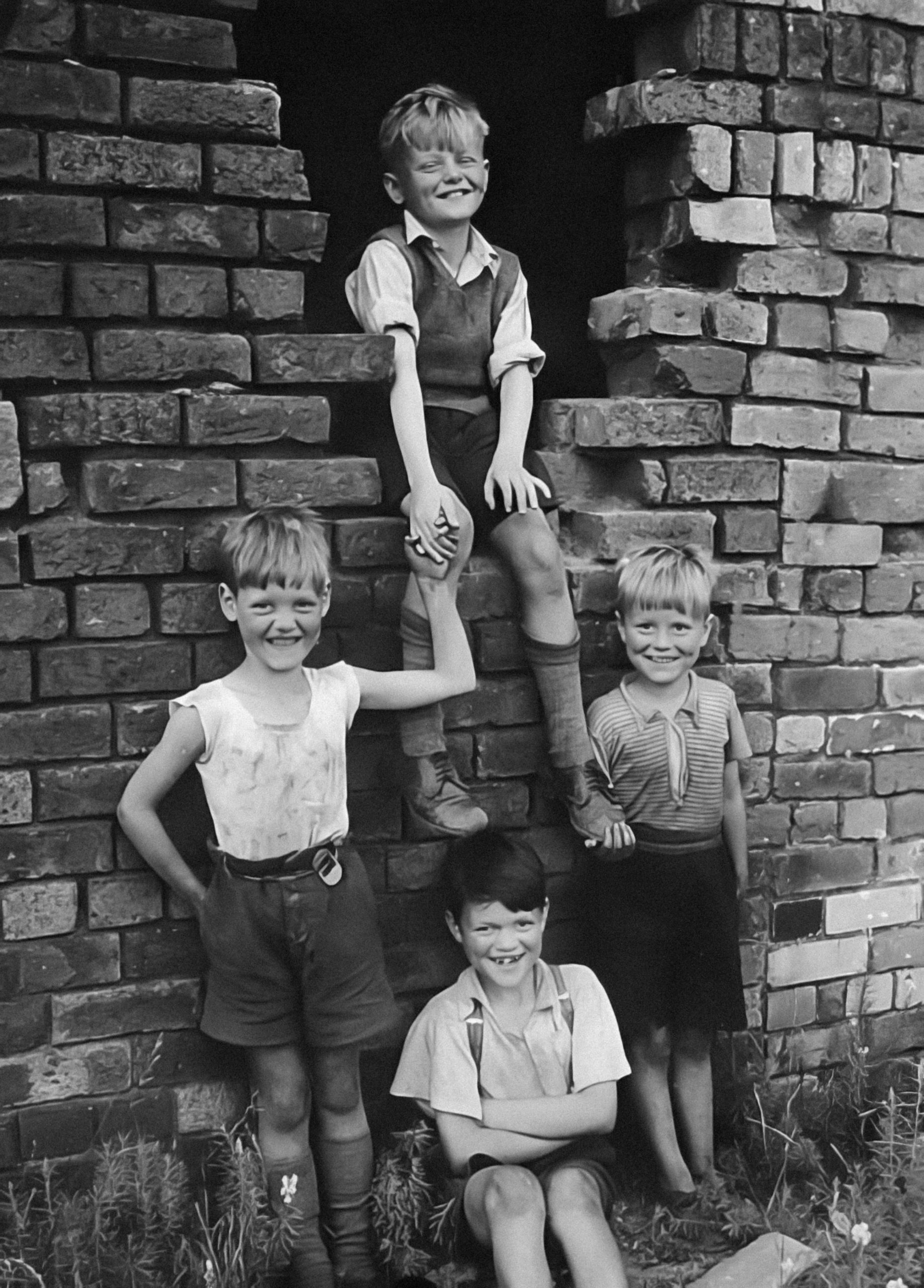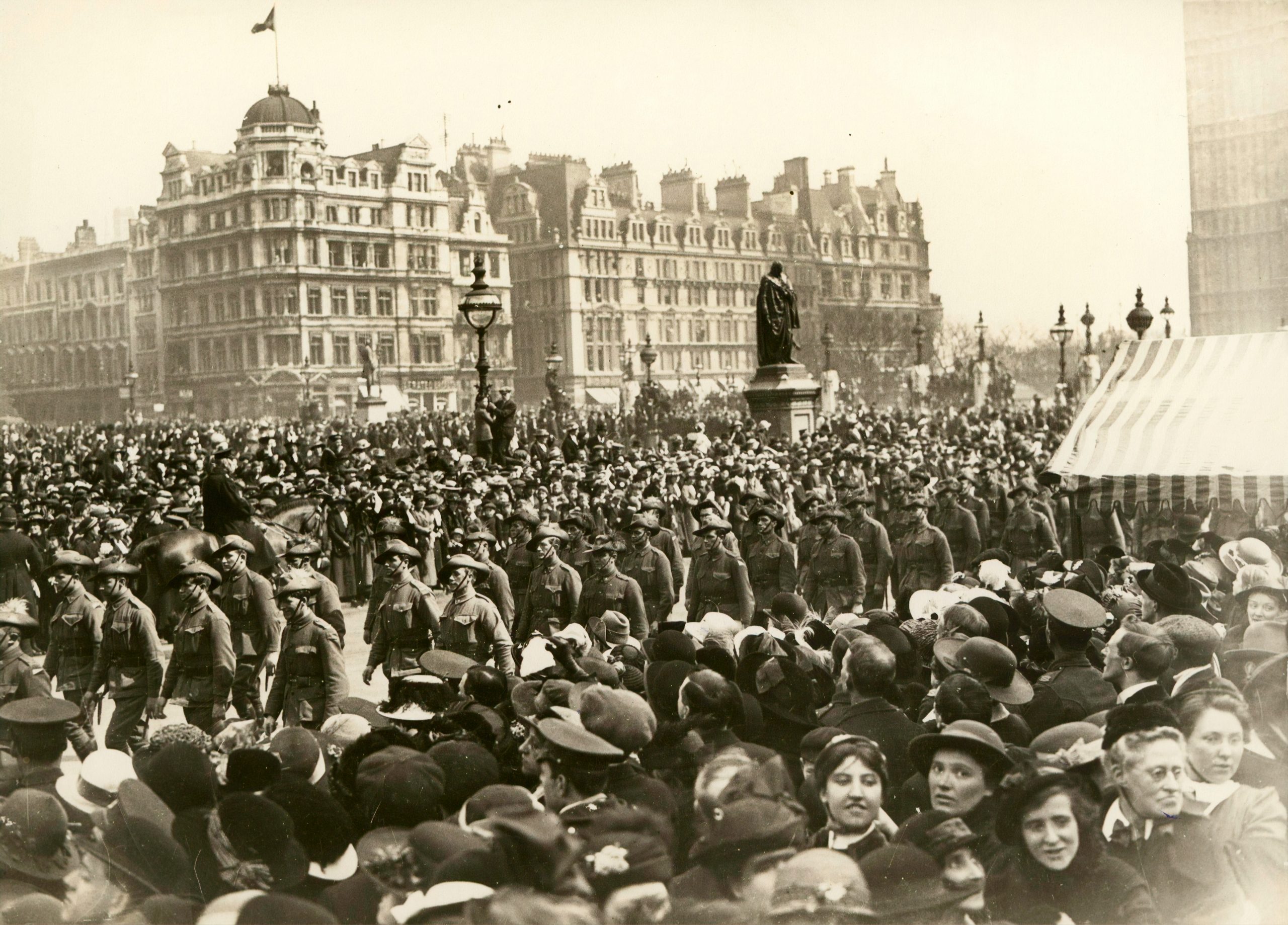
I was born in Seaford 1939, just before the start of World War Two. My father had ben called up to go into the army to fight. At that time money was in very short supply, which made it impossible for my mother to survive with two children. My Father was killed in Greece about the year 1942, so I have no recollection of him at all. As was the custom during the war, no information was published to give the enemy an insight into how well they were doing. So my father was listed as MIA, missing in action. A small point you might say but important to my mother, as she did not get his pay sent to her or a war widows pension. So to survive she had to take a job. My brother was old enough to take care of himself and eventually went to sea as a jack tar. This resulted in me being shipped off to Manchester in the care of her sister. I stayed there for ten years.
This part is dedicated to all the post war children who even now believe the state owes them a living. I grew up in what was considered then to be superior accommodation. We even had an inside bathroom and toilet. I now know it was a council house, but the Council must have been forward looking when they were built. I went into some of my friends houses and they only had a toilet seat over a twenty-foot hole leading down to an open sewer. Which I can assure you, stunk to high heaven Their bath was tin and had to be filled by hand in front of the fire. This is why in those days it was considered normal to only bathe once a week.
I lived there for ten years and so I never knew my mother and I never lived in the same house as my brother as he had left home to go into the navy before I came back to Seaford.

My first memories are of playing in the street with countless other children. In those days the only vehicles to enter the street were tradesmen such as the milkman who had a horsedrawn cart. A knife sharpener came along periodically on his bike, and it converted into a grind wheel which turned by the pedals. We played endless games and every week it seemed that a new craze would come along for us to play. On wash days, every woman had a gas boiler and boiled all the clothes before washing with soap flakes which were only bars of soap grated. After that came the dreaded mangle which consisted of two rubber bars close to each turned by a large handle on the side. This squeezed most of water out before the clothes went on the line. It doesn’t take much to work out who had to turn the handle, (Yours truly).
I wonder now how children today would have coped with wartime as we had to. Rationing was the order of the day and many things we consider essentials today were in short supply. Fortunately as children we didn’t know that we didn’t have them, so they weren’t missed. But there were no sweetshops as sugar was rationed. Even clothes were rationed and only obtainable with great difficulty. If men needed new shoes, they had to buy hardy footwear that would eventually be used for work. Most houses had a shoemakers last so shoes could be repaired at home. But it wasn’t unusual for children to have cardboard put into the sole of the shoe so they could be worn a few more days. Modern materials hadn’t been invented then so every shoe had to have leather soles.

There were almost no shops open on a Sunday; the only ones open, sold cigarettes and papers. Almost every man smoked, and we eagerly waited for our relations to buy them as they had cigarette cards enclosed which we avidly collected. At that time, Lancashire was the centre of the cotton industry and mills were belching out smoke and dust 24 hrs a day. All bushes and vegetation were covered in soot and the air was thick with smoke. As a result of this, most men had catarrh, and it wasn’t unusual to see men hawking and spitting in the street.
Holidays were unusual and I was lucky after the war that we could visit Seaford and go on the beach. One of the teachers asked the children how many had seen the sea and, in my class, only myself and one other could say we had seen the sea.

These were the only times I would see my mother. Unfortunately I never bonded with her and felt my aunt in Manchester was my real mother. This carried on right through all the times, even when I came home and lived with her.
